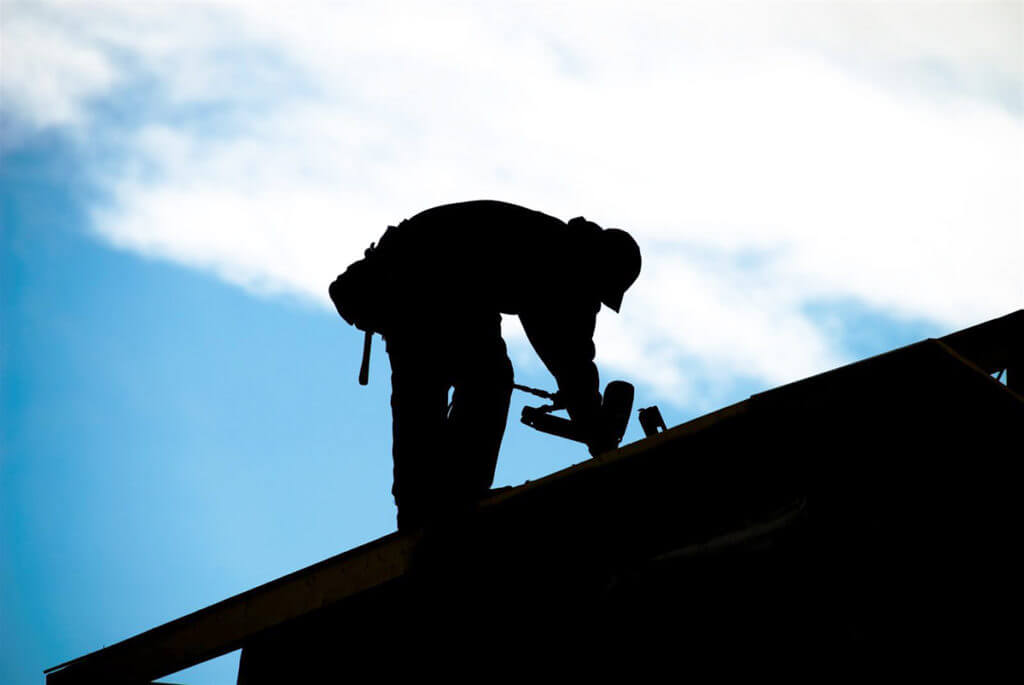
Construction contractors acting as public adjusters, even if not deliberately, face class action lawsuit exposure according to an August 3, 2017 decision out of the Court of Appeals in Fort Worth. The big takeaway is that responsible contractors must utilize fully licensed public adjusters if the insured is in need of policy negotiation, coverage evaluation, and advocacy in support of the claim. While roofers and construction contractors can still provide valuable services both in identifying physical damage and building failures and in completing construction projects, when it comes to insurance claim negotiation and coverage evaluation, Texas law is clear, leave it to the licensed professionals.
This decision signifies not only a clarification of existing law and of contract interpretation and voiding, but also a policy focus to root out unethical contractors, seen as largely responsible for perceived increases in claims from recent hailstorms. Ethical and talented contractors remain fully viable in all areas of Texas, but they need to follow the proper processes and avoid blanket contracts. The impact of Lon Smith style contracts is potentially disastrous, including being held responsible to refund all insurance proceeds paid to the contractor and full recovery of attorney’s fees under the declaratory judgment act and the Texas Insurance Code.
The Violating Contract Language
In Lon Smith and Associates (dba Lon Smith Roofing and Contracting) v. Key, the Texas Court of Appeals certified class action status for consumers who had signed contracts with Lon Smith Roofing that provided:
This Agreement is for FULL SCOPE OF INSURANCE ESTIMATE AND UPGRADES and is subject to insurance company approval. By signing this agreement homeowner authorizes Lon Smith Roofing and Construction (“LSRC”) to pursue homeowners [‘] best interest for all repairs, at a price agreeable to the insurance company and LSRC. The final price agreed to between the insurance company and LSRC shall be the final contract price.
After analyzing existing Texas statutes and case law, the trial court and Court of Appeals confirmed the agreement and conduct of Lon Smith amounted to unauthorized public adjusting, thus making the contracts void and unenforceable, and subjected Lon Smith to the damages and relief sought by the insured.
Applicable Law For Contractors and Public Adjusters
Chapter 4102 of the Texas Insurance Code prohibits a “person” from acting as a public insurance adjuster in Texas without a license. See Tex. Ins. Code 4102. The Court further clarified that the definition of a “person” includes a corporation. Id. § 4102.001(2). And a “public insurance adjuster” is “a person who, for direct, indirect, or any other compensation acts on behalf of an insured in negotiating for or effecting the settlement of a claim or claims” while acting as a public insurance adjuster and “also includes advertising, soliciting business, and holding oneself out to the public as an adjuster of claims.” Id. § 4102.001(3)(A)(i), (ii). A licensed public insurance adjuster is expressly prohibited from participating directly or indirectly in the reconstruction, repair, or restoration of damaged property that is the subject of a claim adjusted by the license holder; acting as a public insurance adjuster and a contractor on the same claim is a statutorily-defined conflict of interest. Id. § 4102.158(a)(1). Any contract for services regulated by chapter 4102 that is entered into by an insured with a person in violation of the chapter’s licensing requirements “may be voided at the option of the insured.” Id. § 4102.207(a). If a contract is so voided, “the insured is not liable for the payment of any past services rendered, or future services to be rendered, by the violating person under that contract or otherwise.” Id.
Important Language From The Decision
Because Lon Smith contractually promised that it would pursue the Keys’ best interest in negotiating an agreement with the Keys’ insurance company and that LSRC’s negotiated contract price would be agreed to by the Keys’ insurance company—acts that under chapter 4102 of the insurance code LSRC could perform only if it were a licensed insurance adjuster—LSRC’s contract misrepresenting that it could and would perform these acts in connection with the Keys’ homeowners’ insurance claim violates chapter 4102 of the insurance code and constitutes an unfair or deceptive act or practice in the business of insurance under chapter 541 of the insurance code. See, e.g., Tex. Ins. Code Ann. §§ 541.001–.454 (West 2009 & Supp. 2016); Reyelts, 968 F. Supp. 2d at 844 (“The Lon Smith Defendants’ use and employment of an agreement that was and is illegal and violative of Chapter 4102 of the Texas Insurance Code constituted an act or practice in violation of Chapter 541 of the Texas Insurance Code and, thus, a violation of section 17.50(a)(4) of the DTPA.”).
Landscape After Lon Smith Roofing Decision
It should be noted that insurance industry experts from all over weighed in on the briefing including contractors, the National Association of Public Insurance Adjusters (NAPIA), insurance carriers, insurance contract drafters, and legislators. The trial and appellate courts agreed that the trend in almost every state is to regulate the business of public adjusting. The activities constituting what could be considered public adjusting will be construed very broadly, and most states, including Texas, have provided significant penalties for persons found in violation. There should be a place for the proper functioning of both public adjusters and for contractors, but all parties need to stay in their own lanes and comply with the law.


